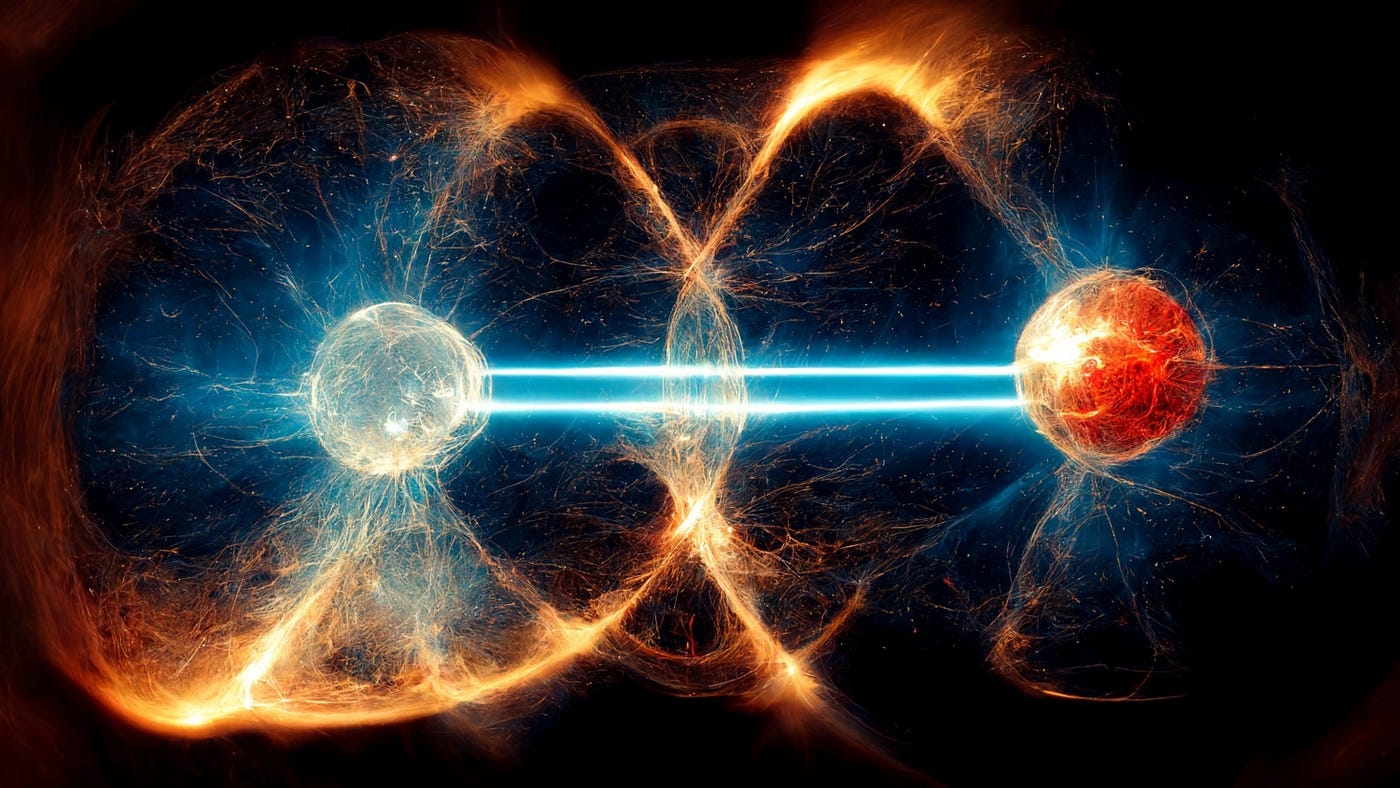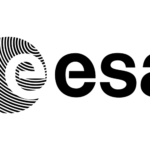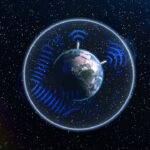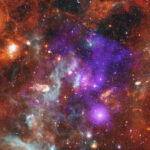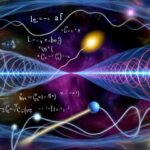Quantum entanglement is a fascinating phenomenon in the realm of quantum physics. Let’s delve into the intricacies:
Definition and Basics
-
- Quantum entanglement occurs when two or more particles become interconnected in such a way that their quantum states are inherently linked. These particles can be generated together, interact, or share spatial proximity.
- Importantly, the quantum state of each particle cannot be described independently of the others, even when they are separated by vast distances.
Correlations and Measurement
-
- When particles are entangled, measurements of certain properties (like position, momentum, spin, or polarization) on one particle instantaneously affect the other, regardless of the separation.
- For example, if we have an entangled pair of particles with known total spin zero, measuring the spin of one particle along a specific axis will immediately determine the spin of the other particle along the same axis.
EPR Paradox and Wave Function Collapse
-
- The EPR paradox, proposed by Einstein, Podolsky, and Rosen in 1935, highlighted the seemingly paradoxical nature of entanglement.
- Any measurement of a particle’s properties leads to an apparent wave function collapse, altering the original quantum state. This behaviour affects the entire entangled system.
Bell Tests and Local Realism
-
- Bell’s inequality provides a way to test the predictions of quantum mechanics against local realism (the idea that distant events cannot instantly influence each other).
- Experiments have verified the counterintuitive predictions of quantum mechanics, showing that entangled particles do indeed exhibit correlated behaviour, even when separated by large distances.
Instantaneous Action at a Distance
-
- Despite the separation, changes induced in one entangled particle instantaneously affect the other. This phenomenon has been experimentally confirmed.
- Einstein famously referred to this as “spooky action at a distance.”

